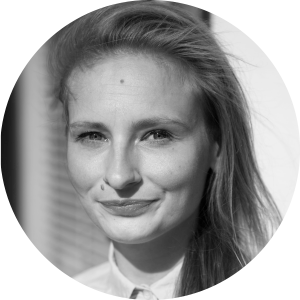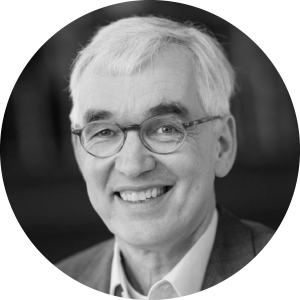Official start of the Sustainable Industry Lab
December 2020 was the official launch of the Sustainable Industry Lab. What is that exactly? Sanne Akerboom is one of the initiators and now director of SIL.
Sanne, what is the Sustainable Industry Lab?
“The Sustainable Industry Lab, or SIL, is a new partnership in which academia, government, industry, societal parties and environmental organizations work together to accelerate the sustainable transition of industry. We bring together existing research and knowledge. We want to disseminate this knowledge in an independent way in order to improve the quality of the political and societal debate.
The issue is very complex and currently polarised with one-liners. We want to bring an objective view to this debate so that important choices can be made at the right moments. There are many different possible scenarios for a sustainable industry and each scenario requires choices. We do not make those choices, but we map them and provide the knowledge needed to make certain choices.”
How did the idea of SIL arise?
“It started already a few years ago. Both Gert Jan Kramer (professor of sustainable energy and co-initiator of SIL) and I are involved in the strategic theme Pathways to Sustainability and we started talking about the energy transition, in particular that of the industry. I have a background in law and political science, and I wrote my PhD on involving citizens in climate policy and decision-making. Gert Jan is a physicist and knows much about the technological perspective of energy and industry. Two totally different backgrounds, but we shared the opinion that an interdisciplinary approach to sustainable transition of industry was lagging behind. And that now there is still time to do something about it, soon we will be too late.
After various conversations with industrial partners such as Shell, Nouryon, Esso, Tata and Dow Chemical, we came to the conclusion that we had shared goals about combining knowledge, communicating neutrally about choices and consequences, and improving the quality of the political and societal debate.
Other parties, such as TNO, Natuur & Milieu and the Ministry of Economic Affairs and Climate Policy joined, providing us with a very wide range of insights and knowledge. This whole process has taken 1.5 years and has been carried out completely together with external partners. Officially SIL started in December 2020, but actually we have been working and building together for over a year.”
“We want to disseminate knowledge about the sustainable transition of industry in an independent way in order to improve the quality of the political and societal debate.” — Sanne Akerboom
What are you most proud of so far?
“I am most proud that we have been able to create a platform that is recognized as important by people from different backgrounds, from industry, government, researchers, societal and environmental organisations. The way we want to enter the debate is very original. This is also due to the perspective of choices and consequences that we chose, and the ambition to make visualizations of the industrial transformation.”
What do you hope to have achieved with SIL in five years?
“The sustainable transition of industry is a complex issue with different scenarios which all require choices. Besides bundling existing research, we are going to visualize these choices, their consequences and possible futures together with a creative partner. In this way, we are going to share the knowledge in a pleasant and understandable way, so that it will be more accessible to everyone. We want to have these visualizations ready in two years’ time. And in the meantime, of course, we will disseminate the compiled knowledge in an independent manner in order to improve the quality of the political and social debate.
We expect that in the coming years a lot of new knowledge and insights will be gained in the field of making the industry more sustainable. This new knowledge may enable new scenarios to be developed and new choices to be made. We therefore want to publish a second set of visualizations in 2025, with updates of the first set and new insights from the intervening years.
I think these visualizations are of really important added value to this programme. It will probably improve the understanding of this complex issue very much. Therefore I am really looking forward to the process of creating them.”
View this article on the website of Utrecht University.
- First Published
- 25 March 2021
- Information
- Interview by Utrecht University

